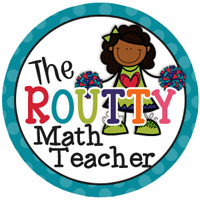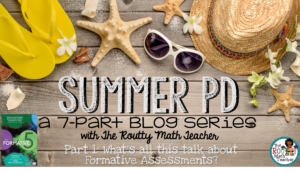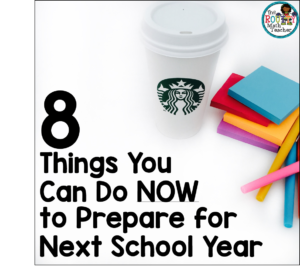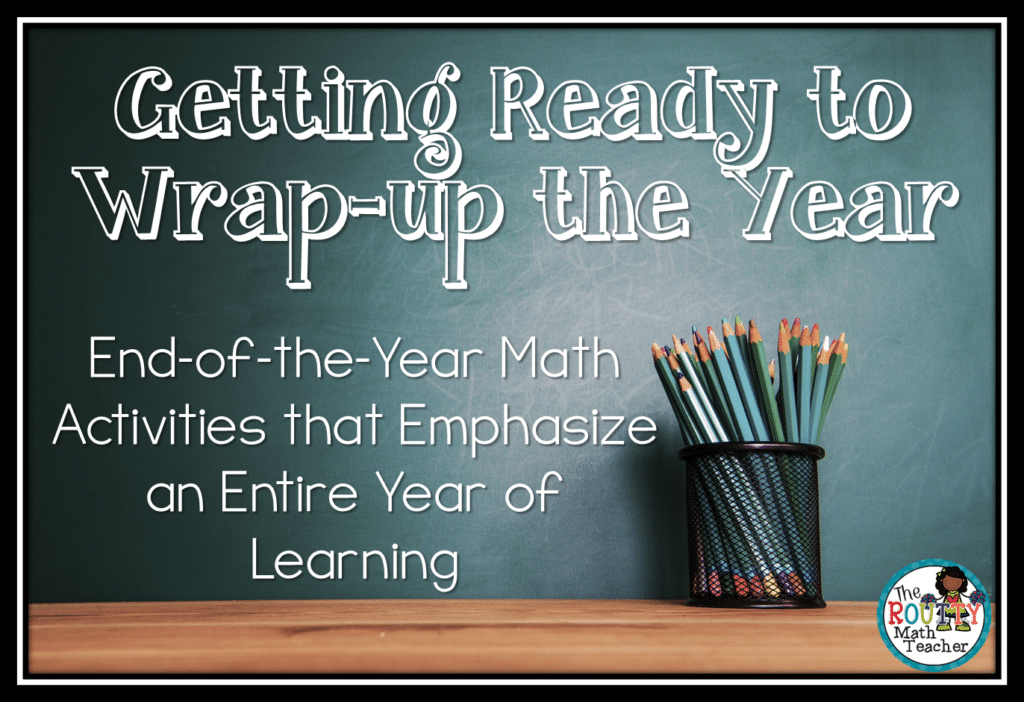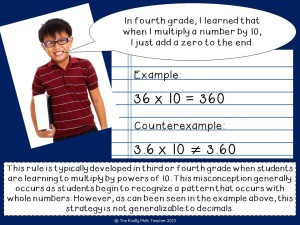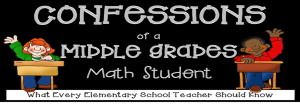Summer PD: Part 2- Using Observations as Formative Assessment Tools
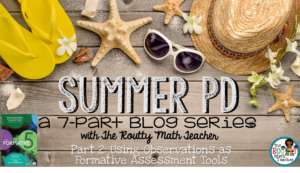
Welcome back! Today’s post is part two of my summer blog series focused on formative assessments. Last week, I gave a quick overview of formative assessments, the purpose and the importance of them, how teachers are currently using them in the classroom. Then, I offered a new perspective on how we can use formative assessments in the classroom to inform planning and teaching. This new perspective is one that I formed while reading the book, The Formative 5. (Missed last week’s post? See it here!)
Don’t see the video? Click here to see the video version of this post!
In this book, the authors introduce five techniques that teachers can use every day to formally assess their students. These five techniques are in many ways simple but very powerful ways to better understand what our students know and understand about the content and skills that we’re teaching. In part one of the series, I described these learning tools as assessments done with intention and in the moment. As we continue through the series, I would like for us to look at the assessment tools with that lens, both with intentionality and in the moment.
The first technique is observations. I know what you’re thinking, you’re saying to yourself, “Why is observation a formative assessment tool?” I personally thought the exact same thing, but as I read the book and delved more into the section about observations, I begin to understand more clearly. We make observations about what our students are doing all the time, but we don’t always formally record the observations and then take that information and do something with it later. We often kind file it in the back of our minds and utilize it later, but more often than not, we take those observations and just file them for use later. In this case, we’re going to take the observations and we’re going to use them and do something with them immediately.
